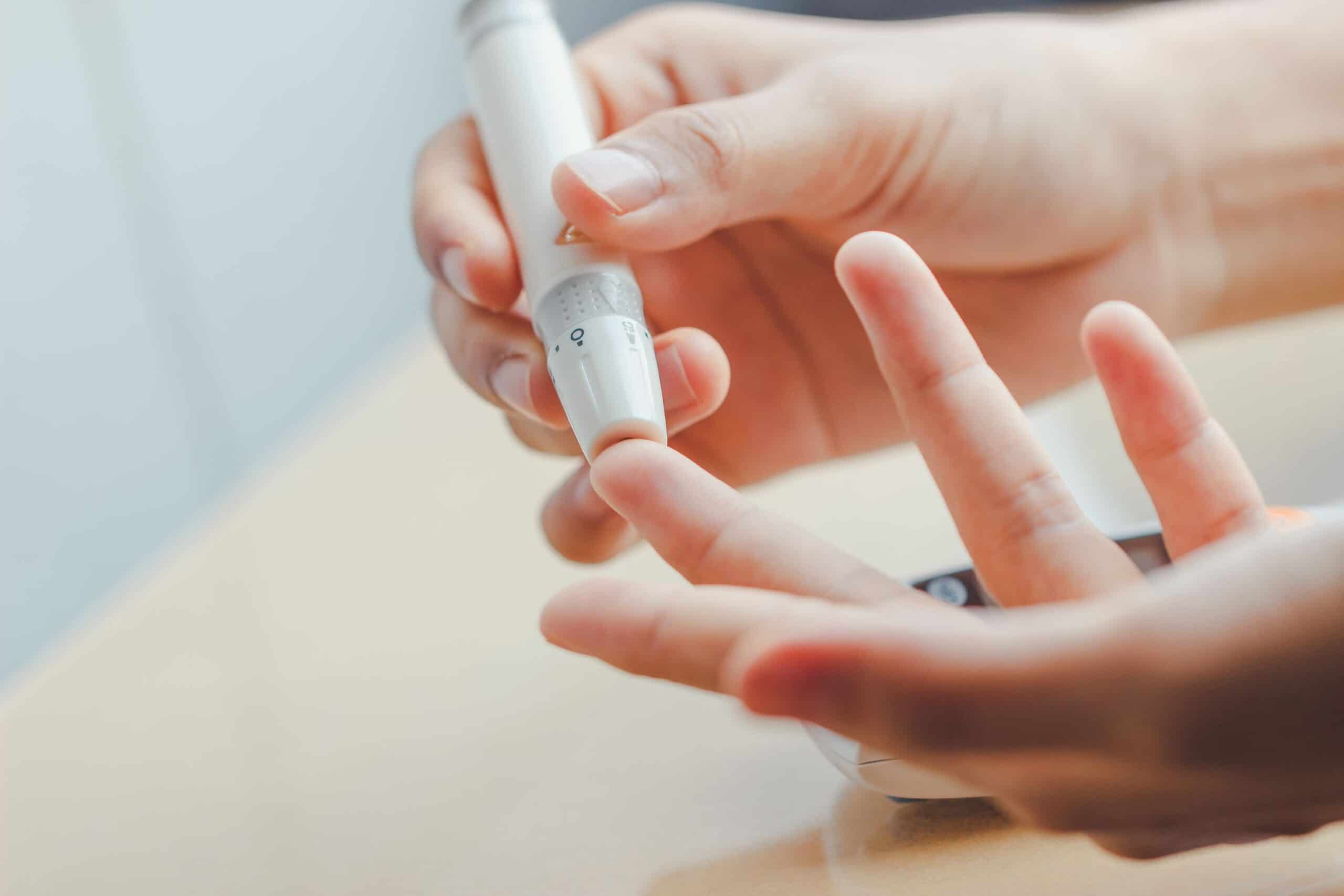While millions of people across the globe live with diabetes, there’s still a lot of misinformation about the condition.
It’s important to know the facts about diabetes though. Not only is it important for everybody to be aware of symptoms and risk factors that may apply, there are some common myths about diabetes that can lead to greater stigma and misunderstanding for those affected by it.
So, to mark this World Diabetes Day, here are seven diabetes myths everyone needs to know about…
Myth one: Diabetes is caused by eating too much sugar

“There are two types of diabetes, type 1 (an autoimmune disease, where the body’s cells that produce insulin are destroyed) and type 2 (a metabolic disease, where the body can’t process sugar properly),” explains Babylon GP, Dr Claudia Pastides.
Pastides stresses that diet, weight, lifestyle or eating too much sugar are not the cause of type 1 diabetes. This serious lifelong condition can potentially occur in anyone, often starting in childhood, and researchers aren’t entirely sure why.
When it comes to type 2 diabetes, although eating a lot of unhealthy sugary food can contribute to some people developing it, it is not the sole cause. “Type 2 diabetes is often caused by a combination of genetics, diet, lifestyle and increasing age,” she explains.
Myth two: Type 2 diabetes is a milder form of diabetes
Pastides says both types of diabetes can potentially cause serious health problems and complications if not managed well.
“Using diet, lifestyle and medication, as well as support from a team of healthcare professionals can help to make day-to-day life more manageable for people with diabetes,” she adds.
Myth three: All people with diabetes end up having to inject insulin
“Although people with type 1 diabetes need insulin [treatment] as their own cells can’t produce it, in type 2 diabetes, there are a variety of treatments available,” says Pastides.
“Some people can manage their type 2 diabetes with diet and exercise, while others also need to to include tablets or non-insulin injections in their care plan. Sometimes, insulin is also needed too.”
Diabetes is a long-term condition, which can change over time too. “Fortunately, there are now lots of treatment options available, which we can tailor around the individual person so they can effectively manage their symptoms,” she adds.
Myth four: People with diabetes cannot eat sugar
It’s quite common to think that you need a sugar-free diet if you have diabetes, which isn’t the case.
“You can still enjoy foods with sugar, although you should always follow a healthy and balanced diet,” says Phil Day, superintendent pharmacist at Pharmacy2U.

“Often you can find labelled biscuits and sweets as ‘diabetic’, but these will still affect your blood glucose levels and are arguably no better than the real thing.”
Myth five: You can catch diabetes from someone else
“This is an old myth that still does the rounds now and again,” says Day, who adds that diabetes is not infectious.
“You cannot catch it by being close to someone or by sharing their belongings,” he stresses.

Myth six: You can’t reverse diabetes
“In some cases, people with type 2 diabetes can revert to normal glucose control if they adopt a healthy diet and lifestyle, exercise regularly, and lose some excess weight,” says Dr Sarah Brewer, speaking on behalf of Healthspan.
“Type 2 diabetes has been linked with a build up of fat in the liver and pancreas and this can be reversed, although it does becomes less possible the longer you have had type 2 diabetes,” she notes.
Myth seven: People with diabetes can’t play sport
People with diabetes are wholeheartedly encouraged to exercise as part of a healthy lifestyle. This applies to both types of diabetes – although if you have any concerns about your health and what sort of exercise is suitable for you, always talk to your own doctor.
“Keeping fit can aid in reducing the risk of complications associated with diabetes, including heart disease, as they help to lower blood sugar levels,” says Day.
“There have been many prominent sportspeople with diabetes who have disproved this myth [that people with diabetes can’t do sports], with athletes including Steve Redgrave and Billie-Jean King achieving momentous sporting achievements.”
He caveats that there are some factors worth considering before partaking in strenuous sport, so you should speak to your GP about your options, but there is no reason why people with diabetes can’t join in, in most cases – and many may find it beneficial for managing their health.





